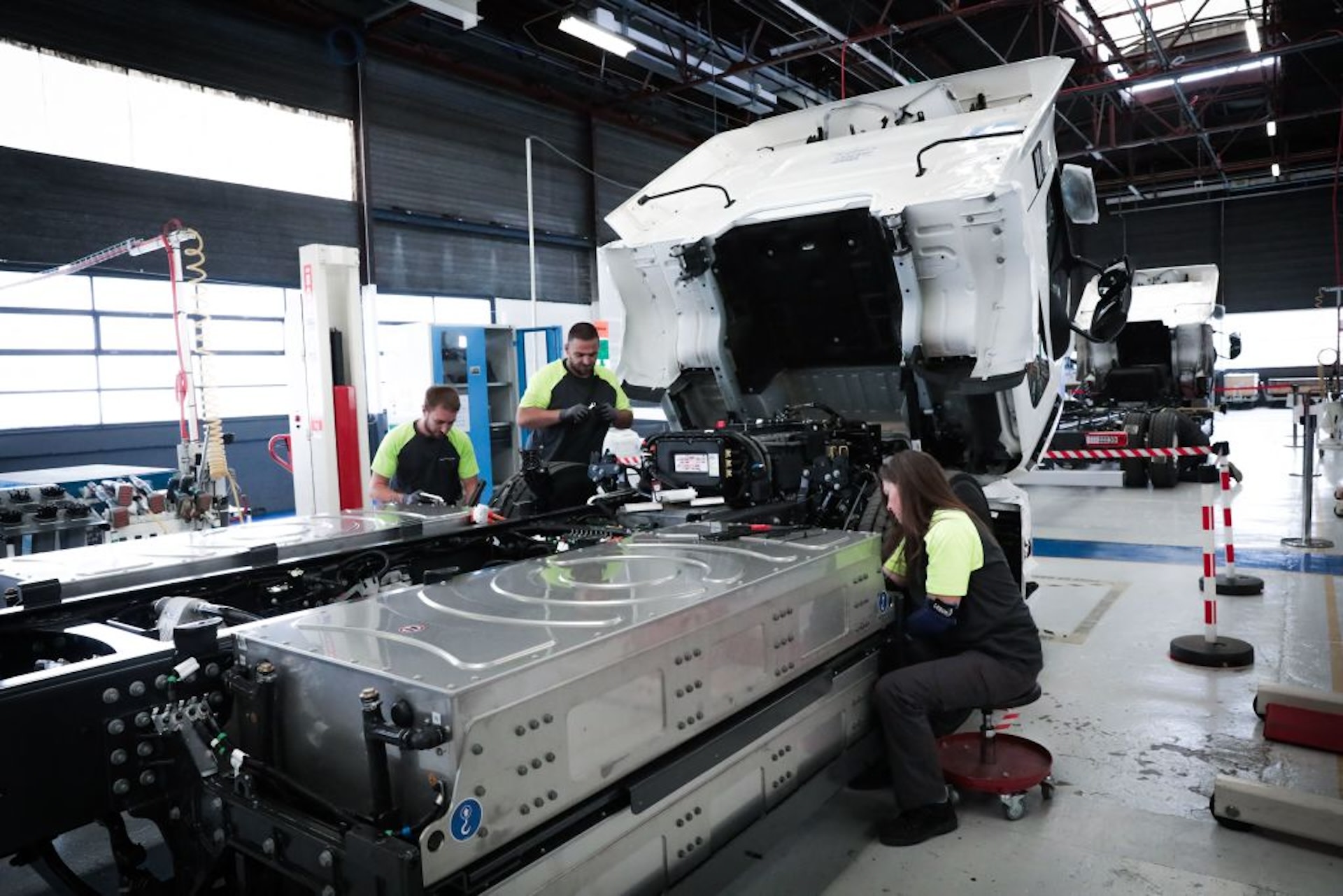Though electric vehicles are the future of the car industry, getting any business off the ground is a risky proposition, and Ampere, the EV division of French automaker group Renault, appears to be in a precarious spot at the moment.
The company is planning an Initial Public Offering (IPO) for the spring, but sources told Reuters that the company's actual valuation will be far below the number it is seeking.
In September, Renault CEO Luca de Meo told the Financial Times that the valuation for Ampere should be "8, 9, 10" billion euros — about 8.6 to 10.8 billion U.S. dollars, as of early December.
However, Swiss bank UBS put that number closer to between 3 and 4 billion euros (roughly $3.2 to $4.3 billion), and Reuters' sources said that Renault would likely pull the IPO if the valuation were below 7 billion euros (about $7.5 billion).
In order to spur investor confidence, Renault announced that it expects Ampere to triple its revenue in 2025 to 10 billion euros, bringing the EV division up to revenue neutral — an ambitious claim that may or may not sound believable to investors.
"We are not crazy," De Meo said.
As it faces challenges such as slowing sales, increased competition in the affordable EV realm from China, and market changes, Renault is also exploring other options to keep its EV division afloat. These include selling off all or part of its 28% stake in longtime partner Nissan, which is worth around 4.5 billion euros ($4.8 billion), per Reuters.
Ultimately, though, De Meo has been clear that the company wants to fund its EV division via outside investment instead of from within.
"Tesla would not be there without the support of the U.S. financial market. Many Chinese [carmakers] would not be there without the support of the government or the financial markets," he told The Financial Times. "My job is to defend the European industry and make sure the European industry is going to be competitive globally. If you don't like that, go to China or the U.S."
Join our free newsletter for cool news and actionable info that makes it easy to help yourself while helping the planet.









